For nearly two years now, the family of Ms. Dam Thi Dep (village 8, Quang Hoa commune, Dak Glong district, Dak Nong province) has returned to the profession of growing mulberry and raising silkworms. They used to be attached to this profession, but due to unstable output, in the past, Ms. Dep and her husband quit the profession to find other jobs for a while.
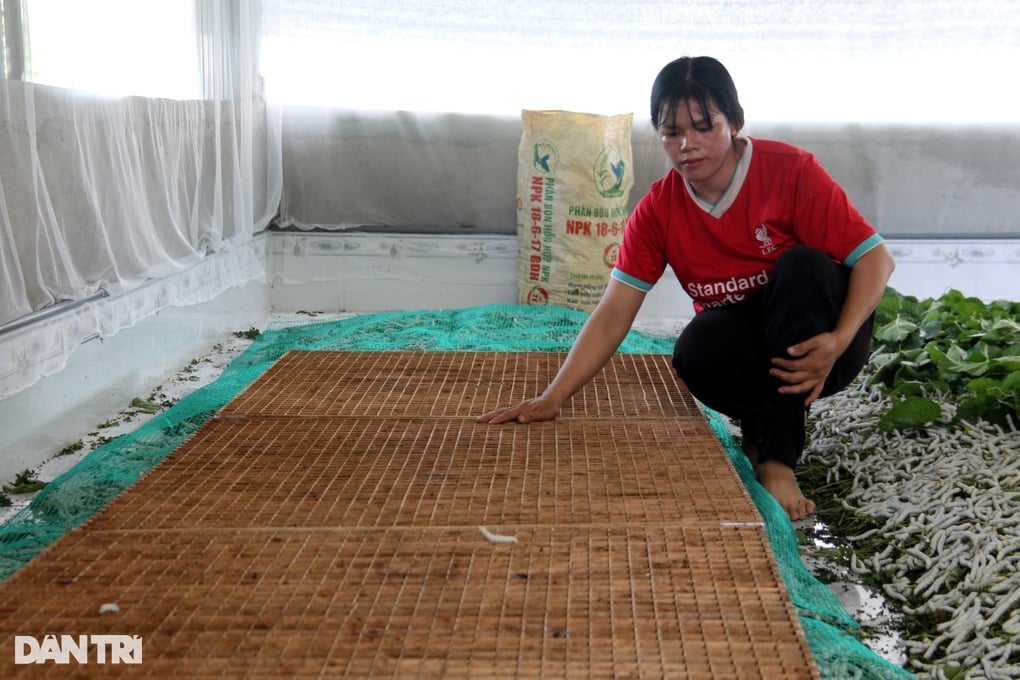
Ms. Dam Thi Dep's family has returned to silkworm farming for nearly 2 years now (Photo: Dang Duong).
From the poverty reduction fund, Ms. Dep's family was supported with loans and reproduced in the form of closed silkworm farming.
Instead of raising silkworms in temporary houses like before, Ms. Dep's family built a level 4 house, about 80 square meters wide, so that the silkworms have suitable growing space.
Introducing the silkworm farm, Ms. Dep humorously said that the silkworm farm area is more spacious and solid than the one where her family lives. However, thanks to the investment in upgrading the barn, the silkworms grow well and bring about clear economic efficiency.
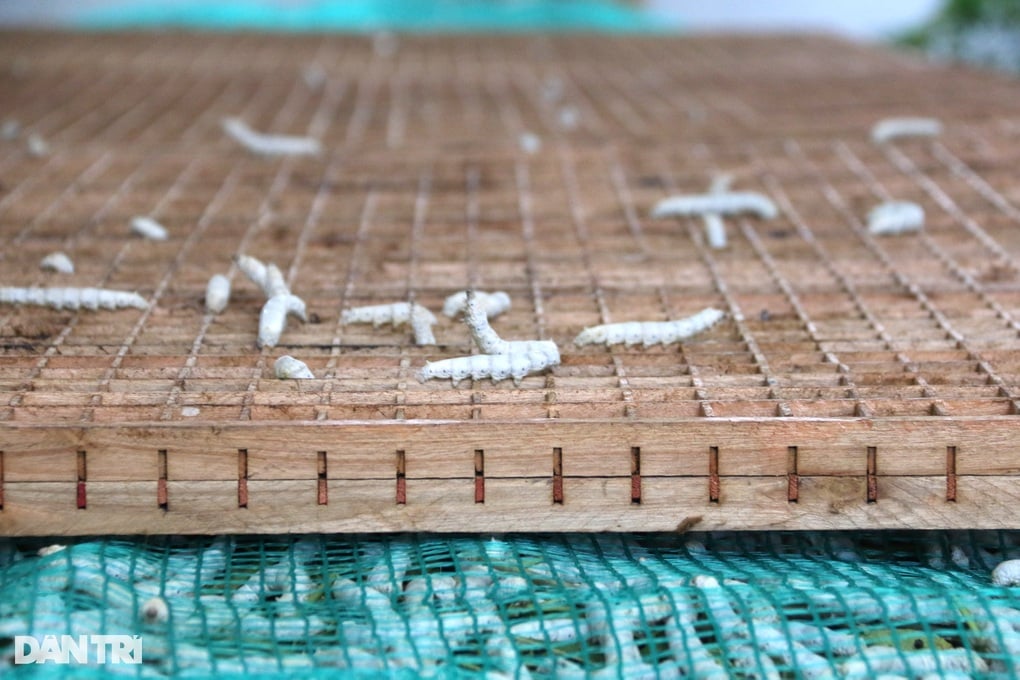
Silkworms are raised underground, limiting skin abrasions (Photo: Dang Duong).
"Silkworms are raised right on the ground to avoid scratches and save on cleaning costs after each harvest," said Ms. Dep.
According to experience, silkworms are often attacked by flies. Therefore, for the past two years, people in Quang Hoa commune have told each other how to "put up mosquito nets" for silkworms to live in.
With this method, the condition of silkworms being infected and festering is minimized, helping people minimize risks and losses during the production process.
"Every month, my family can raise 2 batches of silkworms (average 15 days/batch). With the price of cocoons at about 200,000-220,000 VND/kg, each batch of silkworms, my family earns about 7-7.5 million VND from selling cocoons," Ms. Dep added.
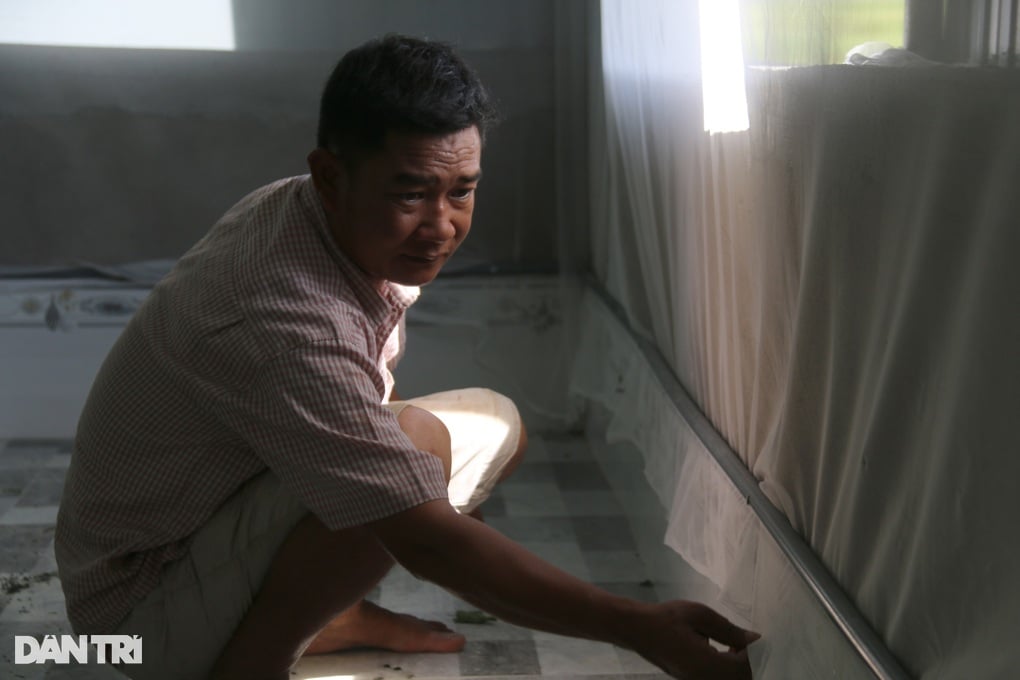
Raising silkworms indoors requires breeders to comply with hygiene regulations and regularly reinforce the screen house system (Photo: Dang Duong).
According to Ms. Dep, raising silkworms in a mosquito net house requires compliance with hygiene procedures. Every time the silkworms are fed, the breeder must disinfect and regularly reinforce the net to prevent insects from entering the silkworm room.
Like Ms. Dep, a few years ago, due to lack of capital, Ms. Ma Thi Sam, village 7, Quang Hoa commune only invested in raising silkworms on a small scale.
According to Ms. Sam, in the past, silkworm farming was hard work, silkworms were susceptible to diseases, so the farming efficiency was not high. Since the model of raising silkworms underground and using insect screens was applied, farmers no longer have to "eat standing up" and suffer losses due to silkworms getting sick and dying.
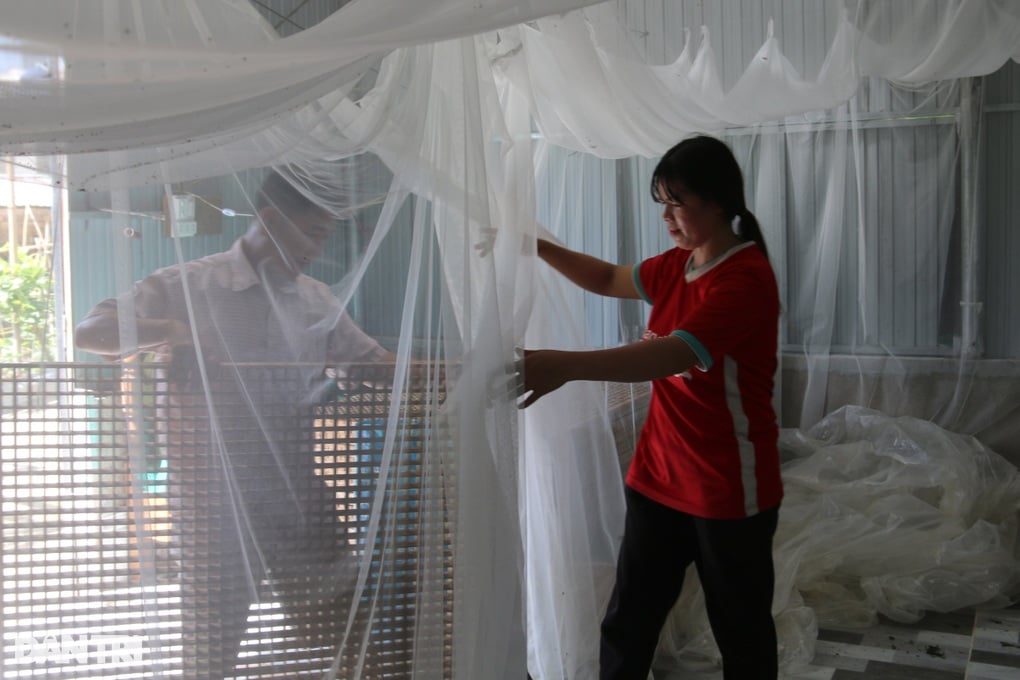
People in Quang Hoa commune tell each other how to raise silkworms in mosquito nets to limit pus disease (Photo: Dang Duong).
"Thanks to changes in farming methods, silkworm farming, cocoon care and harvesting have also become much less time-consuming. In recent years, cocoon prices have been stable, with each box of silkworms (about 1kg of silkworm seeds), farmers can earn 15 million VND/month," said Ms. Sam.
According to the People's Committee of Quang Hoa commune, in 2022 and 2023, the whole commune will have 150 poor and near-poor households supported to implement the model of growing mulberry and raising silkworms, with a total cost of 3.1 billion VND.
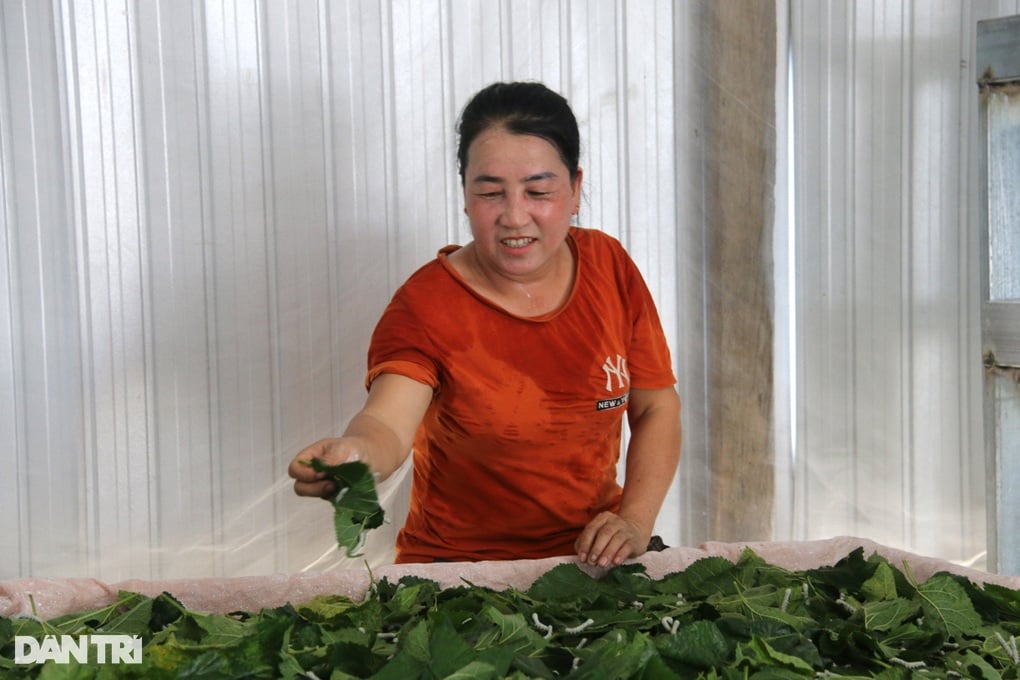
Many poor households in the poorest commune of Dak Nong province have the opportunity to escape poverty thanks to silkworm farming (Photo: Dang Duong).
Mr. Tran Quang Mao, Chairman of the People's Committee of Quang Hoa commune, commented: "Growing mulberry and raising silkworms is in line with the locality's orientation, helping to maximize the strengths of nature and people. Raising silkworms has low costs, fast capital turnover, and stable cocoon prices, so in fact many farmers have escaped poverty and become rich from this profession."
Source link





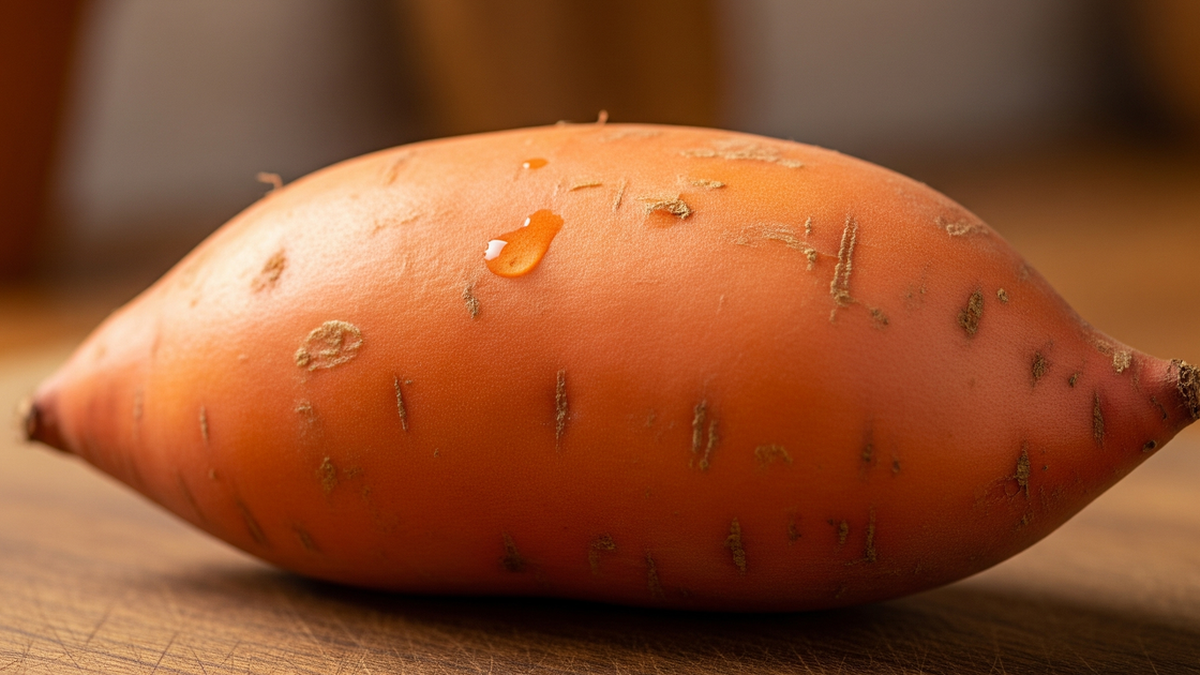



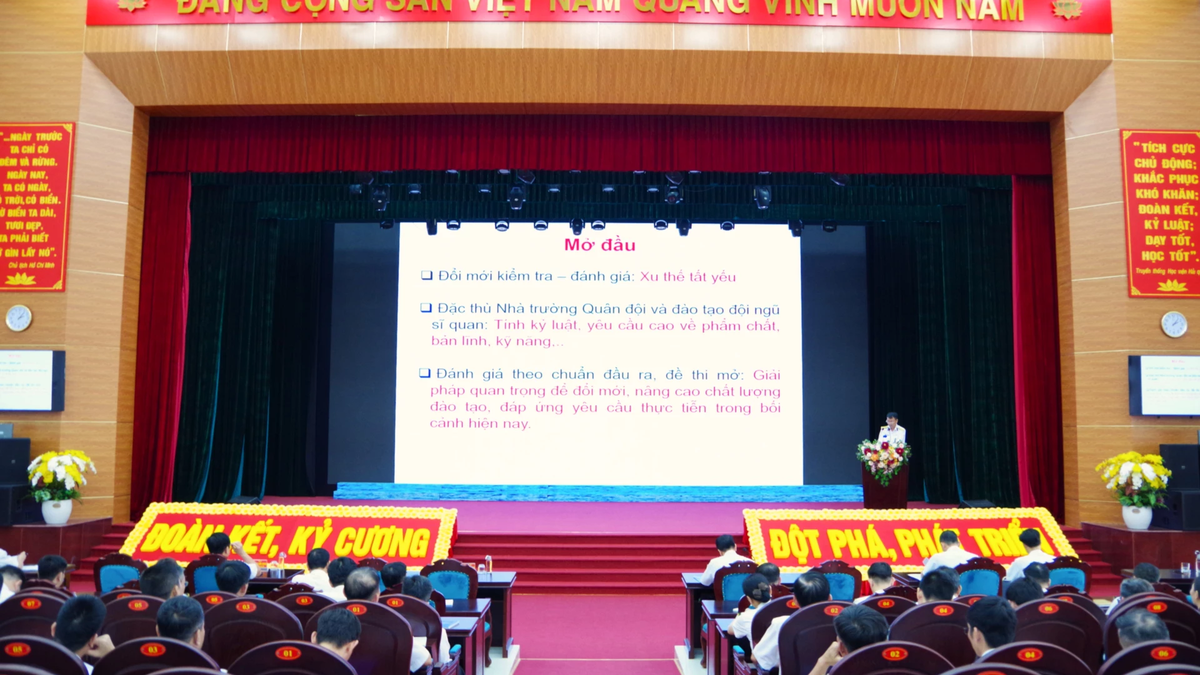


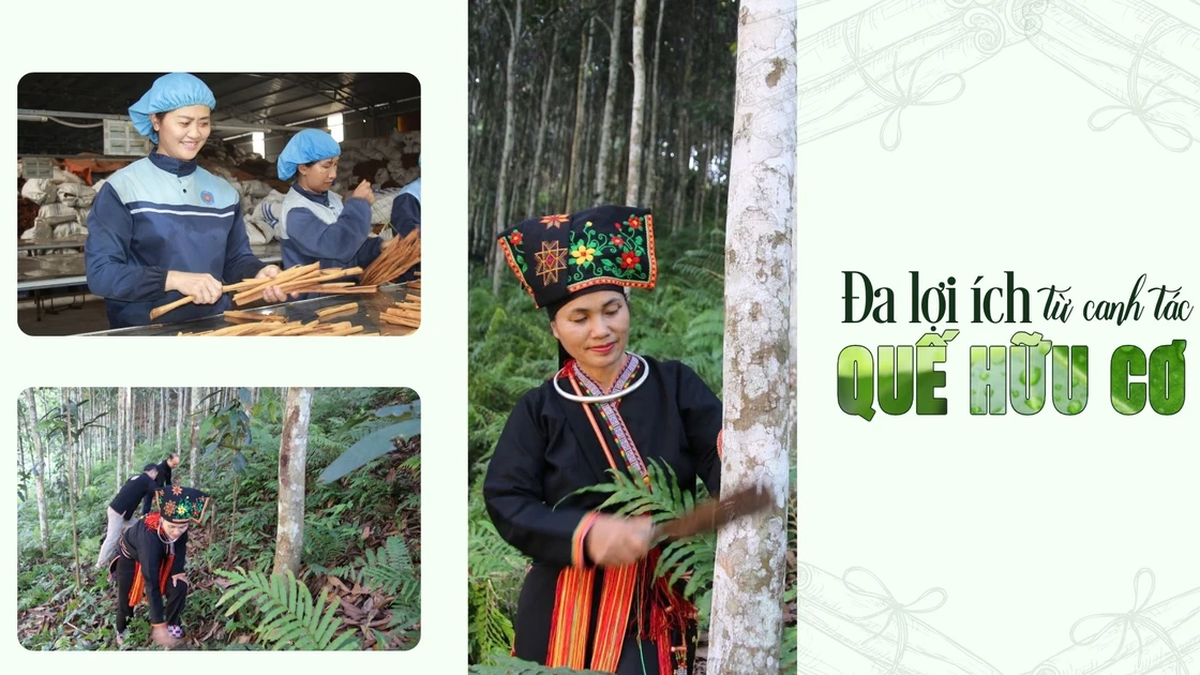















![[Photo] An Phu intersection project connecting Ho Chi Minh City-Long Thanh-Dau Giay expressway behind schedule](https://vphoto.vietnam.vn/thumb/1200x675/vietnam/resource/IMAGE/2025/8/21/1ad80e9dd8944150bb72e6c49ecc7e08)



































![[Photo] Politburo works with the Standing Committee of Hanoi Party Committee and Ho Chi Minh City Party Committee](https://vphoto.vietnam.vn/thumb/402x226/vietnam/resource/IMAGE/2025/8/21/4f3460337a6045e7847d50d38704355d)


































Comment (0)